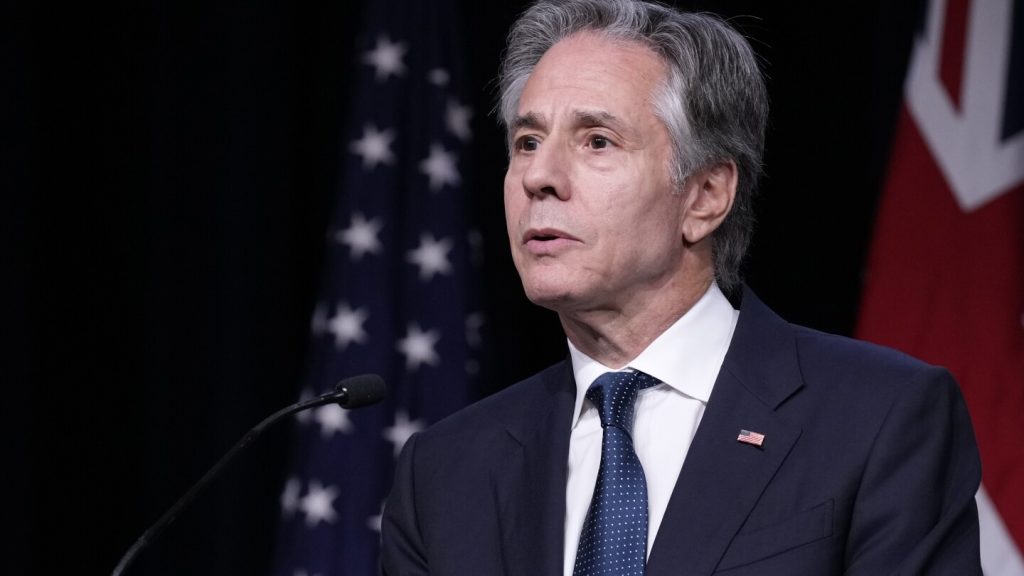The State Department announced on Friday that it has decided not to block aid to an Israeli military unit despite earlier finding that the unit had committed grave human rights abuses against Palestinians in the West Bank. The unit in question is believed to be the Netzah Yehuda, which has been linked to abuses of civilians in the Palestinian territory. This decision comes after Secretary of State Antony Blinken faced protests from Republican lawmakers over the initial finding and gave Israel time to address the wrongdoing. While the alleged abuse occurred before Israel’s war in Gaza, the news of Blinken’s decision came amidst increased criticism over the killings of Palestinian civilians in the Israeli offensive in Gaza.
In a statement, the State Department explained that it received additional information from Israel about its handling of the case, and after reviewing that information, it determined that the violations by the unit had been effectively remediated. The State Department stated that, in accordance with the Leahy process, the unit can continue to receive security assistance. The Israeli military prosecutors identified two soldiers who merited further action and they were removed from combat, left the military, and are now ineligible to serve in the reserves. Additionally, the Israeli military has increased screening, training, and oversight for the unit in question.
Former senior State Department officials have criticized the department for making exceptions for Israel when it comes to Leahy law violations. Despite the initial finding of human rights abuses by the Israeli military unit, Blinken’s decision to allow aid to continue has been met with backlash. The decision also comes at a time when there is growing international concern over the situation in Gaza and the treatment of Palestinian civilians. The State Department’s announcement regarding the remediation of the violations by the Israeli unit could potentially spark further debate and scrutiny over U.S. aid to foreign security forces and human rights considerations.
The decision to allow aid to the Israeli military unit to continue raises questions about the U.S. government’s commitment to upholding human rights standards in its foreign aid programs. The Leahy law is intended to prevent U.S. assistance to foreign security forces that have been involved in gross human rights violations. The State Department’s evaluation of the Israeli unit’s remediation efforts will likely be scrutinized by human rights advocates and lawmakers alike. The ongoing situation in the West Bank and Gaza, as well as the broader Israeli-Palestinian conflict, adds complexity to the decision-making process regarding aid to Israel.
The State Department’s handling of the case involving the Israeli military unit highlights the challenges of balancing diplomatic relations with human rights considerations. The decision to allow aid to continue after finding human rights abuses raises questions about the U.S. government’s approach to accountability for such violations. As the situation in the region remains volatile, the impact of U.S. aid and support for Israel’s security forces will continue to be a subject of debate and scrutiny. The State Department’s announcement signals a shift in its position on the matter, but it remains to be seen how this decision will be received by critics and advocates concerned about human rights in the Israeli-Palestinian conflict.


